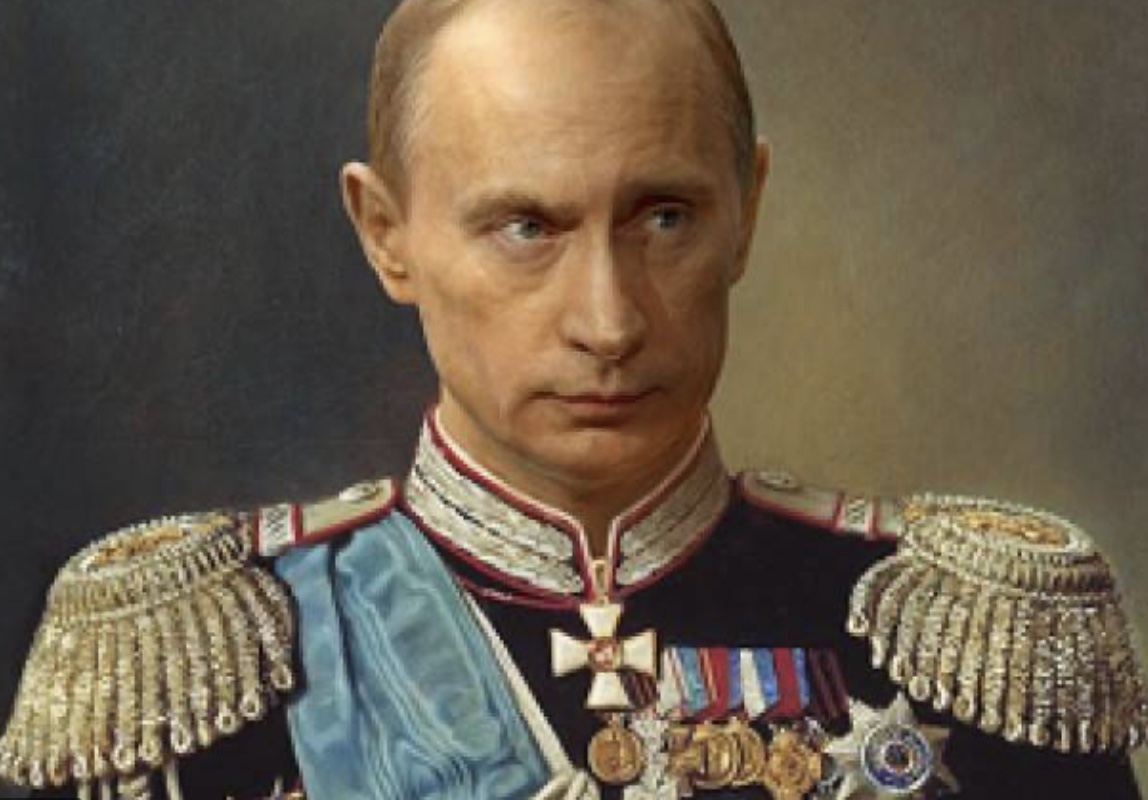(by Francesco Matera) The new “Russian Foreign Policy Doctrine”, submitted by Vladimir Putin during a meeting of the National Security Council on March 31 aims to adapt Russian diplomacy to the "upheavals that have occurred on the international scene”. The deep rupture between Russia and Western countries caused by the invasion of Ukraine is confirmed. The Kremlin wants to shift its line of action by focusing the attention of public opinion on aversion to the West, stating the danger of a “existential threat” for the Russian people.
The West wants “Weaken Russia by all meansthundered Putin stating: “they are waging a “hybrid” war. The 42-page programmatic document presented by Putin also deals with the Russian nuclear threat and NATO enlargement.
The new foreign policy doctrine is based purely on an aspect of a moral nature. Vladimir Putin presents himself as the champion of the traditional values of Ortodox church against the decadent West. Europe and the United States are accused of imposing “pseudo-humanist and neoliberal ideological principles, which condemn the loss of traditional spirituality and moral principles”.
Putin, for some time, has in fact presented himself as bulwark against the "vulgar world", in opposition to the decadent West, grappling with theuncontrollable immigration, the multiplication of transgender movements and the oblivion of the Christian roots. There "priority” of Putin is to eliminate the "domination" of the United States and its allies, counter their "hostile policies" through an "era of revolutionary change".
Vladimir Putin sees the world divided into spheres of influence, in which the great powers compete to assert their model. In the spheres of influence there is the China, with which Russia shares its
hatred of the West and its desire to replace the current international order with a new one
organization of the world that gives less pride to democracies. Then there is theIndia, identified by
Putin, on a par with China, as “new world center of power and development”.
The strategic interests of the Kremlin are no longer in Europe but in Middle East, Africa e Latin america, where the Russian president has many allies in his fight against the West. However, Russia's new alliances are not without contradictions. For example China e India they still remain historical rivals.
The Kremlin's new diplomatic document, which recalls both the Soviet era and the Cold War, however, definitively sanctions the aversion to the West as opposed to all those who hoped to bring Vladimir Putin into dialogue with Europe and the United States .
Subscribe to our newsletter!
